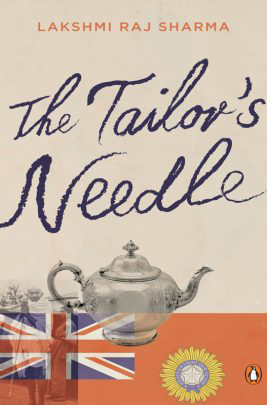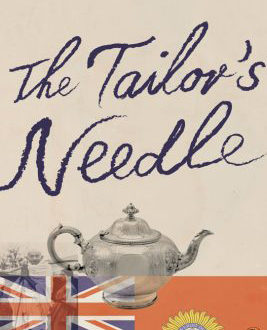
Point of View
Point of View
Every Story has a Moral
A story that we tell is told from a certain point of view which means a certain viewing point, a particular attitude or way of considering a matter. Every story has a moral because it is written or told from a certain point of view. If another person told the same story it would have another moral or point of view. Stories never tell the truth because they contain a particular person’s point of view; a point of view that can be biased. Plato, therefore, considered a poet to be a liar and untrustworthy.
Making Shifts in the Point of View
It may be a good idea for a storyteller to tell the same story from more than one point of view before arriving at the final version of the narrative. This way the story will move a little closer to the truth and become more valid as a piece of genuine and objective expression of human experience. If one character’s narration seems to make it a story of self-pity or indeed of victimization, then from another point of view it can seem not that sentimental or accusatory. The important thing is to reach out to the other’s point of view. Even a criminal can have some reason to behave in a particular way. For the best storyteller, a criminal and a saint should have equal value for narrative purposes.
Selectivity in Narrativization
Narrators tend to hide some parts and over-emphasize other parts rather selectively. They thereby try to draw our minds towards their own points of view. A story to have more objectivity and relevance needs a kind of negative capability; an ability to see everything from points of view that differ from our own. The best authors and storytellers have this ability. One, who lacks in this, can be impressive because of their command over language or in making us feel their suffering. But they cannot claim the ability to reach closer to the truth or the objective situation as it actually is.

